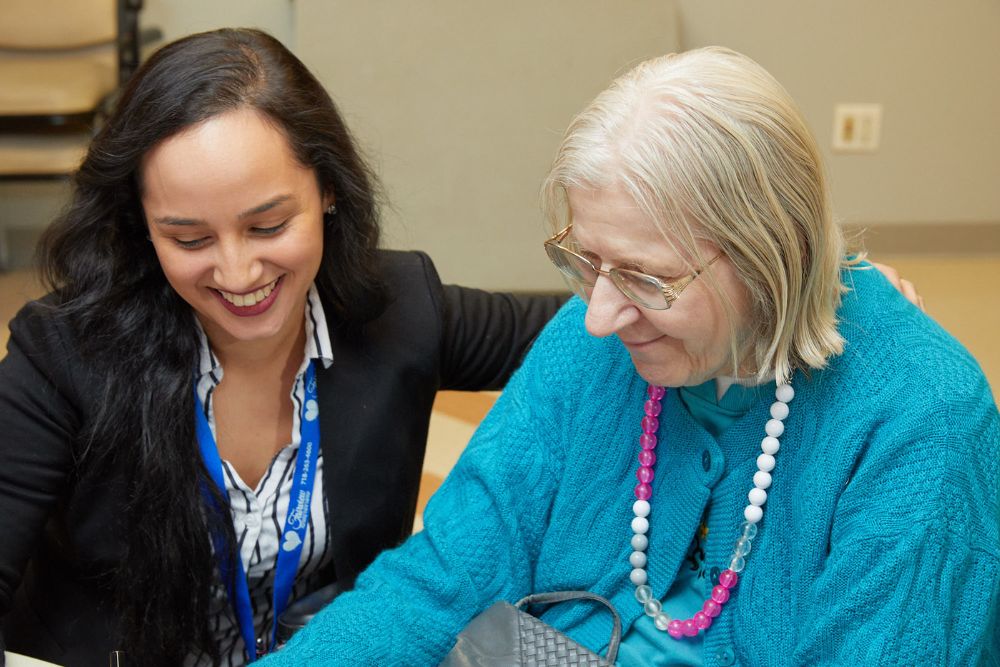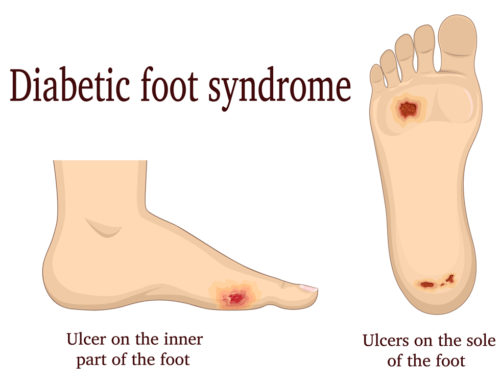Can You Recover from Prolonged Postherpetic Neuralgia?
One of the most common complications of the shingles virus is postherpetic neuralgia (PHN). The symptoms include varying degrees of burning, itching, aching, pain, or numbness. Though this post-shingles issue may only last a few months, some individuals experience prolonged effects. If untreated straight away, PHN could become a permanent debilitating problem causing physical and emotional distress, affecting activities, sleep, and mental health.
Though there is almost no cure for this condition, treatments are available. One of the most effective options is physical therapy, which includes gentle exercises to improve functions and reduce pain. It may include manual therapy to reduce muscle.
Fairview Rehab in Queens, NY offers inpatient and outpatient physical therapy for those dealing with the effects of PHN.
The following sections offer more information on how to treat post-shingles issues.

Is Recovery Possible from Prolonged Postherpetic Neuralgia?
Luckily, the proper treatment combats the symptoms of postherpetic neuralgia. Your doctor may recommend one or more medications, including topical ointments, such as capsaicin, which does help, if done regularly, just like physical therapy techniques. But some of oral medication often include unpleasant side effects. A safer method for PHN recovery is exercise, which we’ll discuss more below.
What can physical therapy do for PHN?
A trained physical therapist designs a customized treatment for individuals depending on the symptoms they’re dealing with. The therapist will likely include a variety of exercises done in session and even a few you can do on your own at home. Your therapist may use manual therapy, which is massage therapy to reduce pain and muscle tension.
Part of physical therapy for postherpetic neuralgia is aerobic exercises, including low-impact activities like walking, swimming, or biking. These increase the heart rate and build muscle. Strength-training exercises also work the muscles, reducing the risk of injury.
Flexibility exercises may also be part of the therapy session to improve joint mobility. These gentle activities also help prepare the body for aerobic exercises, reducing the risk of injury. As you improve your movements, you also reduce the pain associated with this condition. Regardless of the exercises assigned, take things slow and spread the workouts throughout the day.
Can exercise heal nerve damage?
There is no guarantee exercise can heal nerve damage caused by postherpetic neuralgia or any other injury. Despite the need for more research, there is some evidence that physical activity can be beneficial. Exercise is known to improve various bodily functions, increasing muscle mass and strength. Studies also show it positively affects range of motion and reduces pain, which is related to nerve damage.
Of course, this doesn’t mean working out will automatically heal prolonged postherpetic neuralgia. The results may depend on the severity of the symptoms. The duration of the issue before an individual seeks treatment may also be a factor. Despite the unclear results, pain reduction and improved symptoms are still worth the time spent exercising.
Shingles are the result of the activation of the dormant chickenpox virus in the body. Not everyone who has had chickenpox develops shingles, and even fewer have to deal with PN. Of those who contract this condition, only about 25% have significant issues with prolonged neuropathic pain. These individuals may suffer from symptoms for several years or more.
Resources:
https://www.ncbi.nlm.nih.gov/pmc/articles/PMC4226872/
https://www.foundationforpn.org/living-well/lifestyle/exercise-and-physical-therapy/
https://www.healthdirect.gov.au/nerve-pain
https://www.ncbi.nlm.nih.gov/pmc/articles/PMC8571504/
This article contains informational and educational materials and does not replace health or medical advice. For questions or concerns regarding your medical condition or health objectives, speak to a qualified physician or healthcare provider.






Leave A Comment